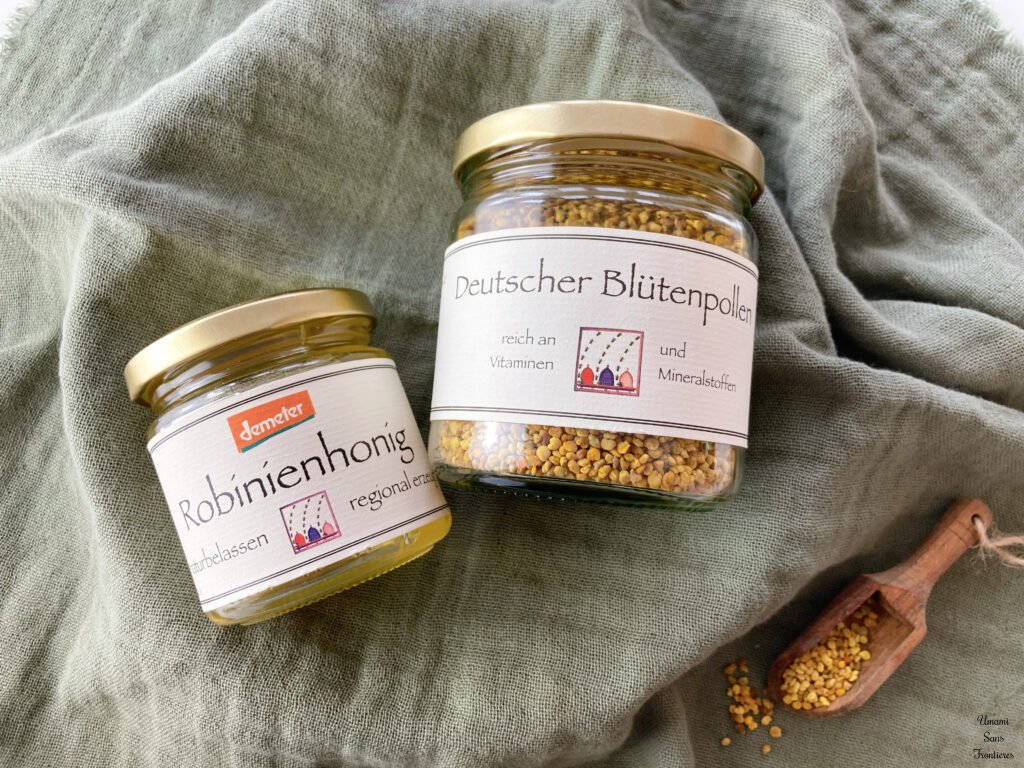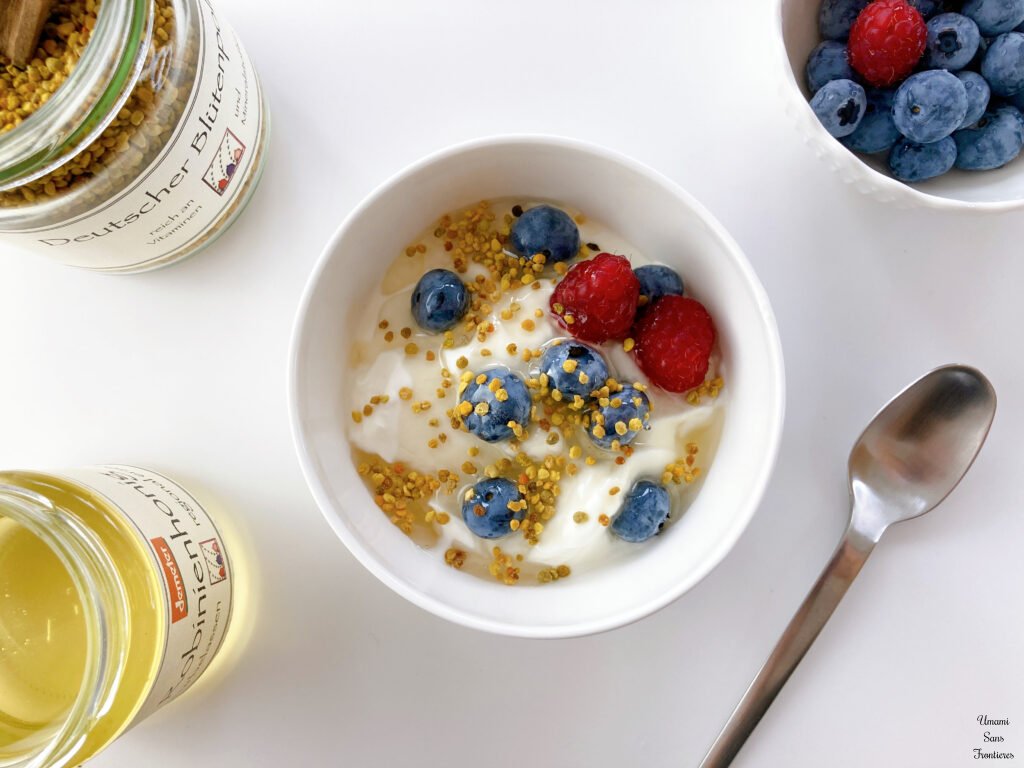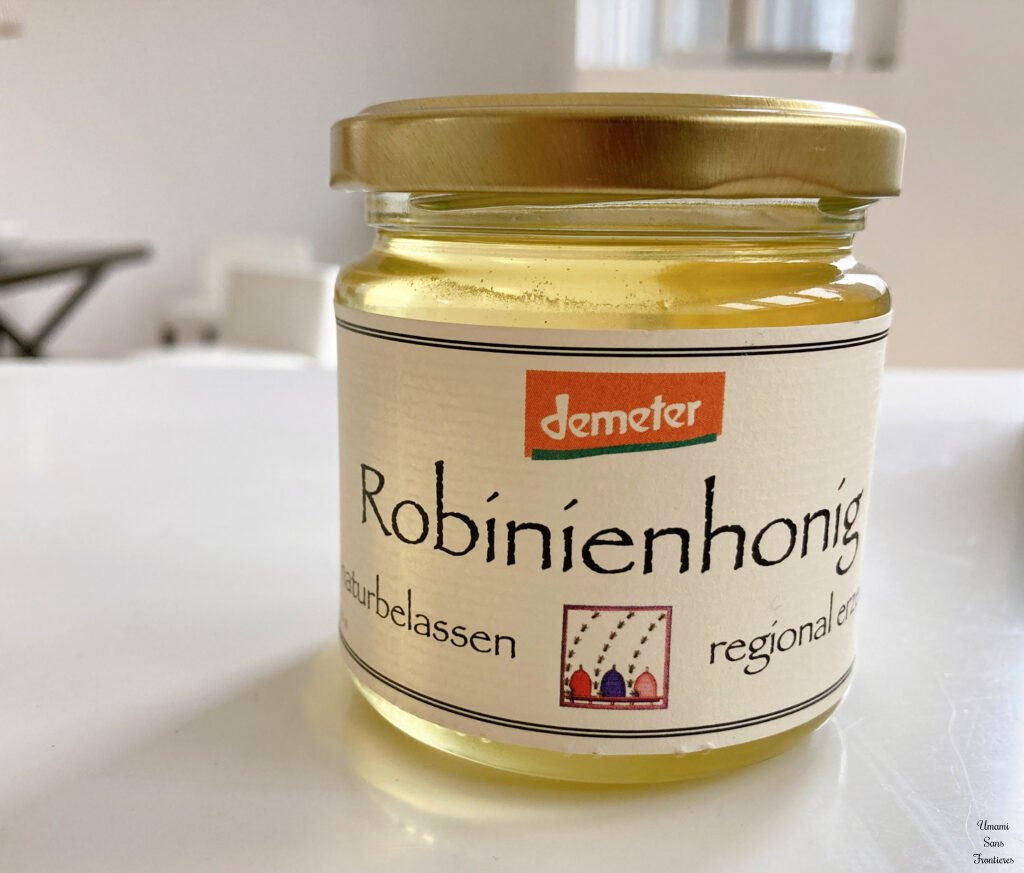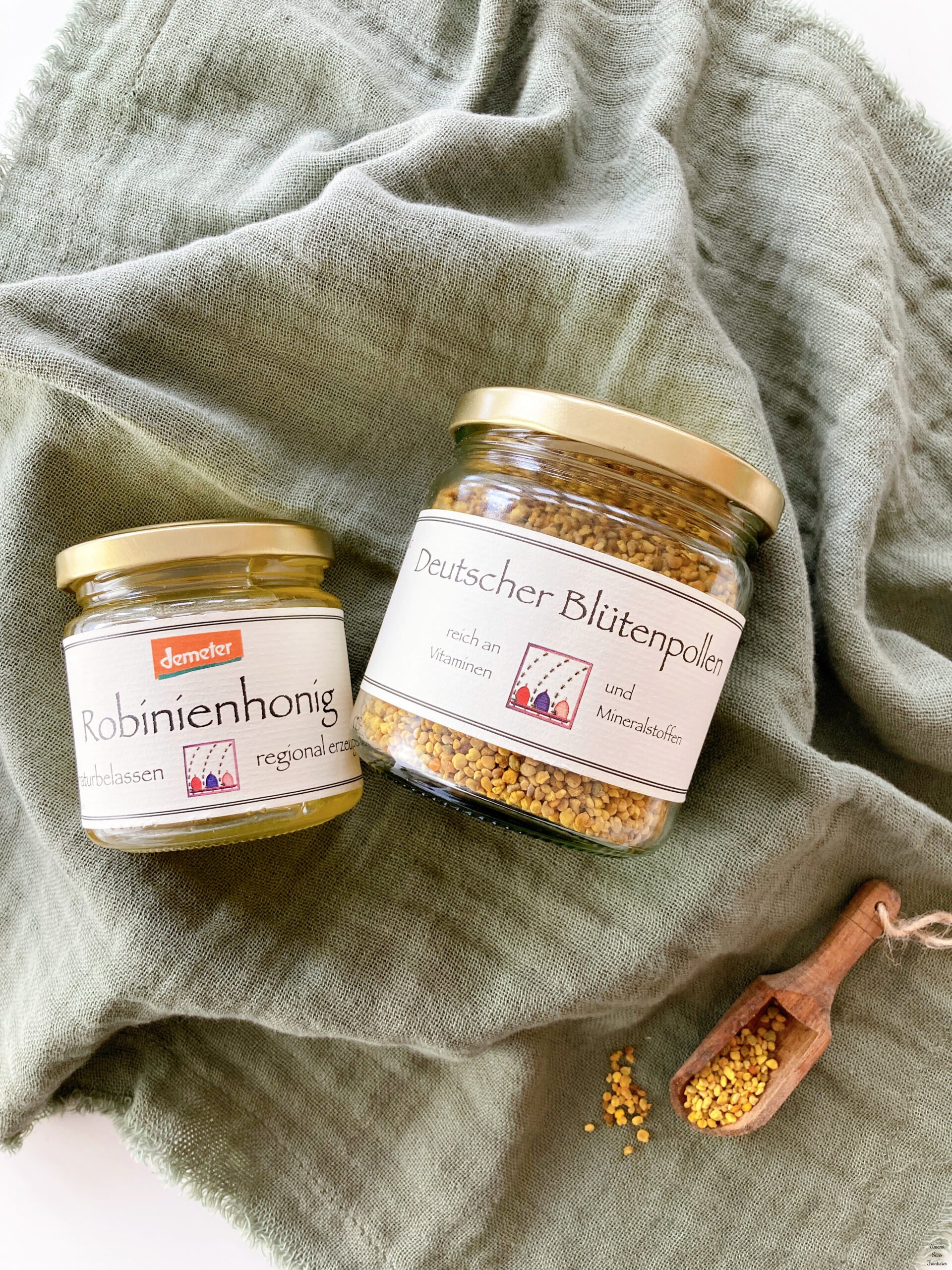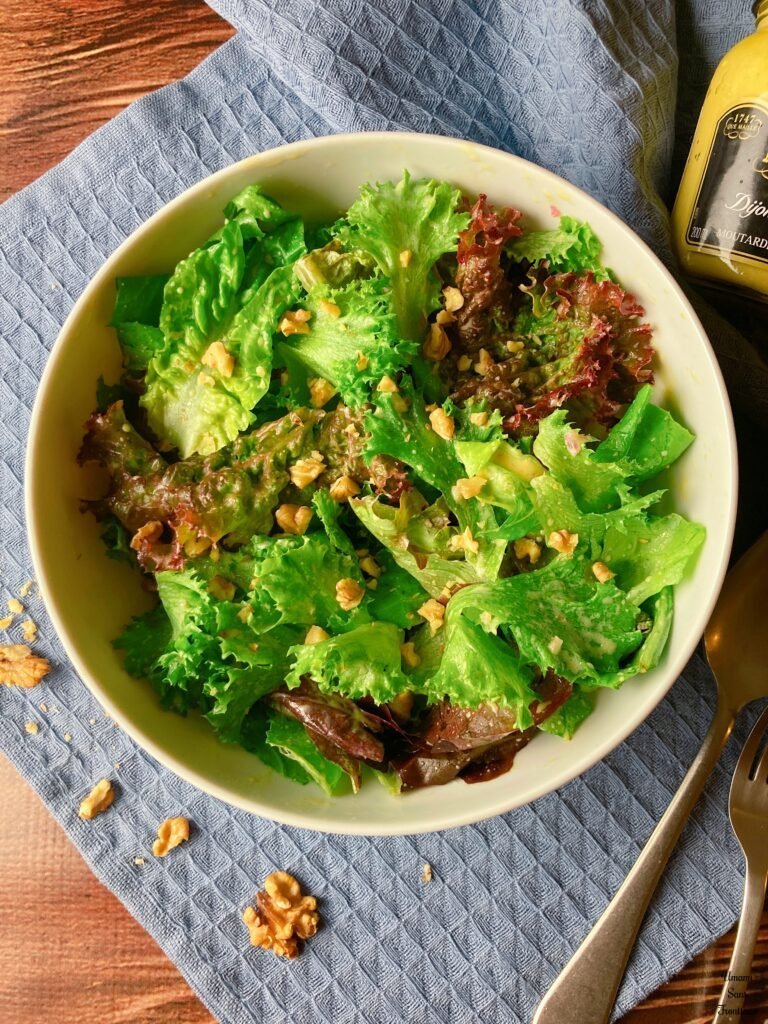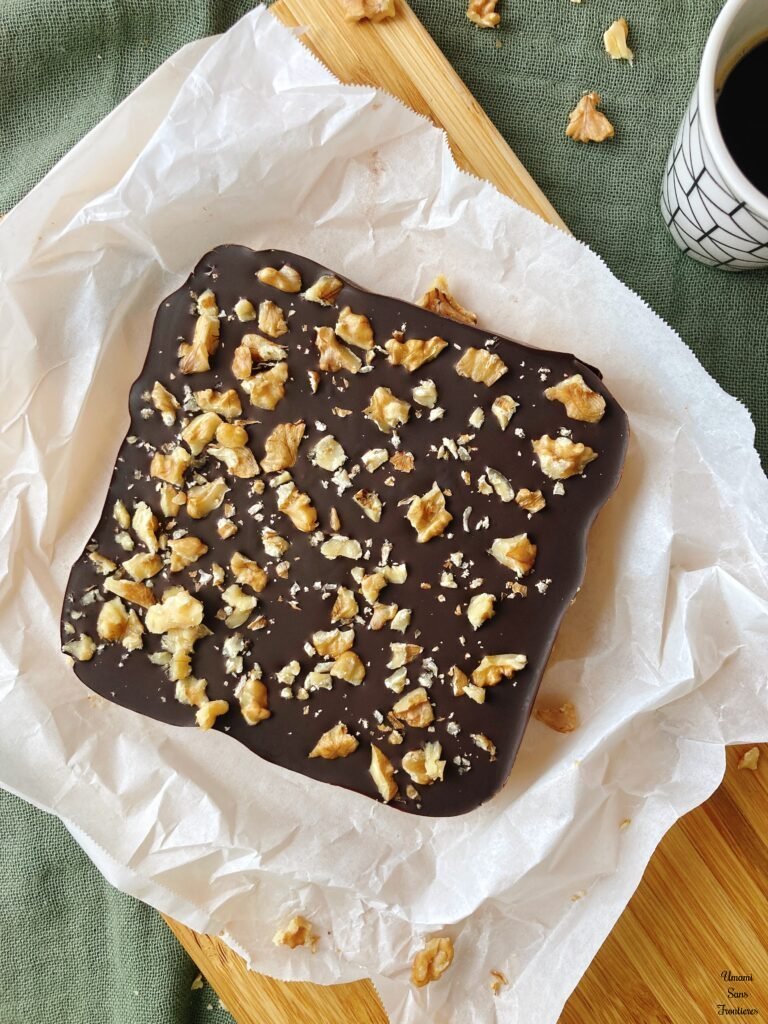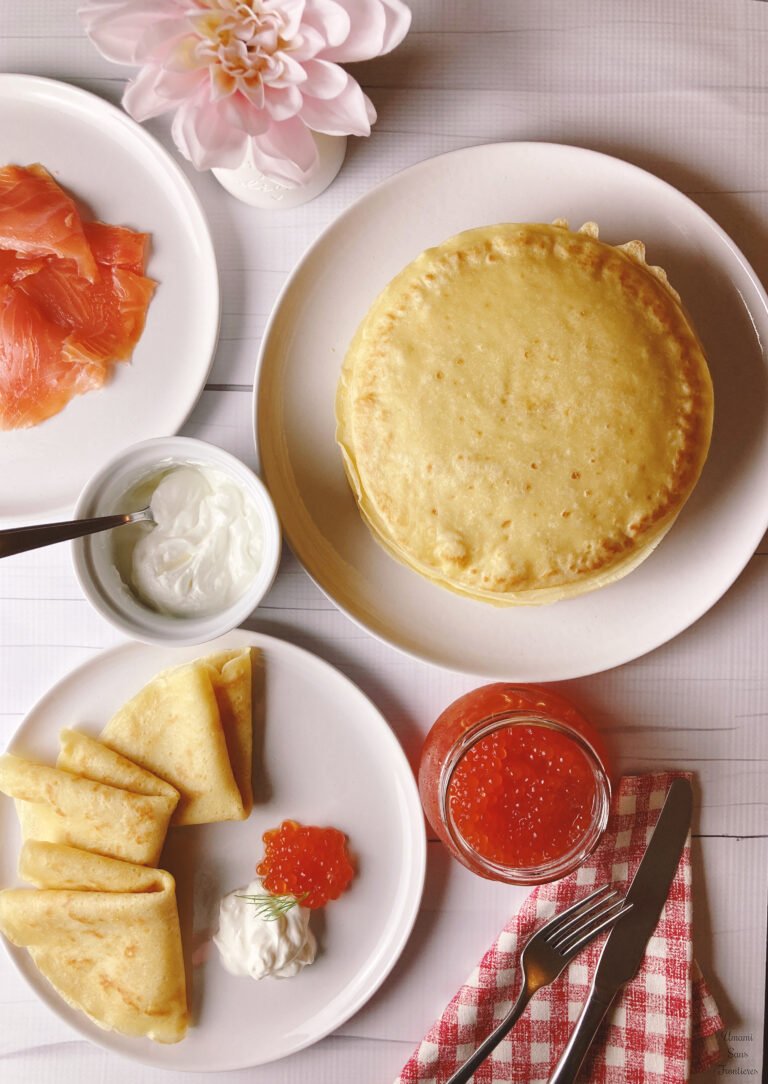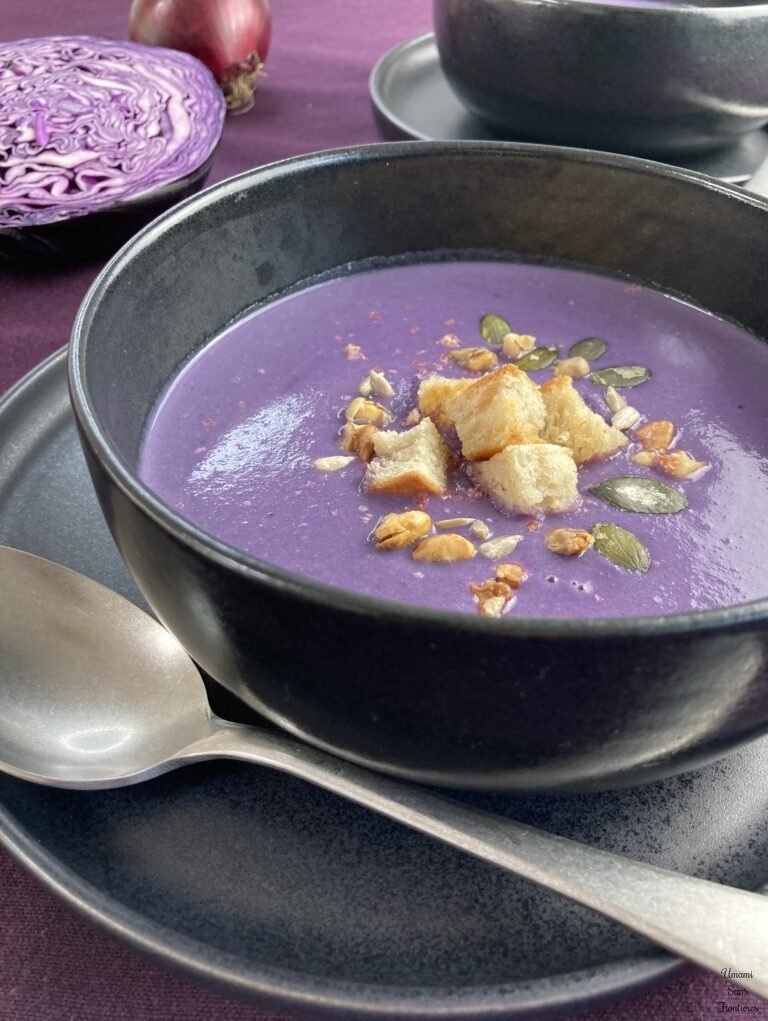Lately, I came across a natural remedy for hay fever – bee pollen (Blütenpollen) – which is said to help strengthen your immune system 🌿. Intrigued, I picked up a jar of Deutscher Blütenpollen at my local farmer’s market 🧺.
In Germany, pollen allergies are common in both spring and autumn 🌸, and medication alone doesn’t always seem to help. That’s when I started thinking: maybe it’s time to support my body from the inside. The idea is that by introducing a small amount of pollen into your system regularly, your body gradually builds tolerance. A natural form of desensitization – and dare I say, a superfood?!
What is Blütenpollen? 🌼
In German, Blütenpollen literally means “flower pollen.” But in this context, it refers to bee-collected pollen that has been dried and turned into a nutrient-rich food supplement. It’s full of vitamins and minerals 💪.
When I first bought it, the vendor explained how it works and mentioned that he personally takes a spoonful a day 🥄.
How I Eat It ?💡
On its own, the flavor is very mild, so I sprinkle it over yogurt with blueberries and honey for breakfast 🍯🫐. It adds a crunchy texture and vibrant colour – making it both tasty and beautiful.
In Germany, people also mix it into muesli or smoothies, and some simply eat it by the spoonful like the vendor.
Things to Keep in Mind ⚠️
If it’s your first time trying bee pollen, start with a very small amount to make sure your body reacts well, especially if you’re allergy-prone. I personally had no issues . Also, once opened, it’s best to store it in the fridge to keep it fresh.
And What About Honey? 🍯
There are many types of honey, but this time I was looking for something similar to acacia honey. The vendor recommended Robinienhonig, also known as black locust honey. It’s light, smooth, and mild in flavor, perfect for mixing with yogurt. Interestingly, many of the “acacia honeys” sold in Japan are actually made from the same Robinia pseudoacacia tree. To me, the taste felt somehow familiar and comforting 🍃.
Why Local Honey Matters 🌍
When using honey for allergy support, many traditional and natural approaches recommend choosing honey made from local flowers. The idea is that bees collect trace amounts of the same pollen that’s floating in the air in your region 🐝. For example, honey made near Berlin may contain pollen from birch, oak, or rapeseed, plants common in this area. Consuming a little each day may help your body become less reactive over time.
A Taste of Local Nature at the Market 🏡
That’s why I visited my neighborhood market known for BIO (organic) products and found honey made right here in Brandenburg. I loved how the label listed the beekeeper’s name and address – it made me feel connected to the local nature. Even better, if you return the jar after use, you get 50 cents back! Gotta love that German recycling spirit ♻️.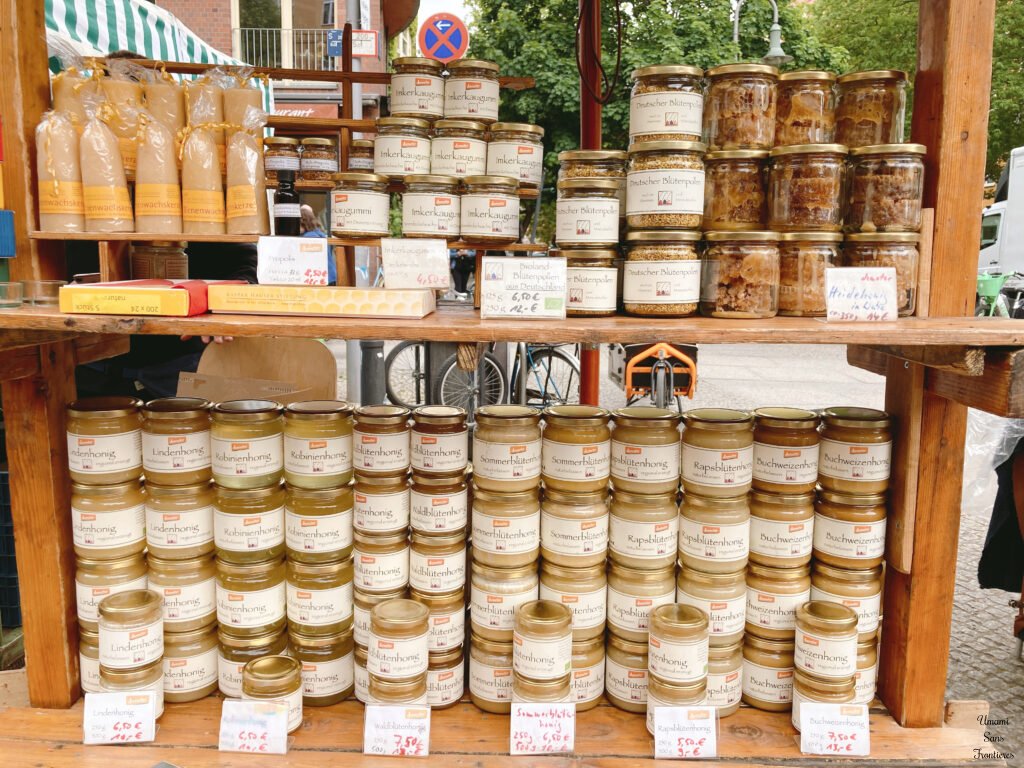
Final Thoughts 🌿
If you suffer from seasonal allergies, why not look for locally produced honey or bee pollen in your area? It might just become a gentle, natural ally in your wellness routine 😊.

